U.S. Latinos have a complex history with identity and labels.
By Raul A. Reyes
NBC News Latino, September 29, 2016 —
Have you seen the word “Latinx” and wondered what it’s all about? Rest assured it’s not a typo, and you’ll probably be seeing it more often.
Increasingly used by academics, activists, and bloggers, “Latinx” – pronounced LAH-teen-ex – is perhaps best defined as a term that is gender neutral to include the transgender, gender-fluid and gender non-conforming people among our country’s 55 million Latinos.
Activist and choreographer Mark Travis Rivera thinks it’s a good thing.
“It is a term that disrupts the gender binary as well as some of our language and culture,” he said. “I love that the word disrupts the culture, to allow space for trans friends, sisters, brothers, and all of our families to feel included.” Language must evolve, Rivera said, as people evolve due to social and cultural issues.
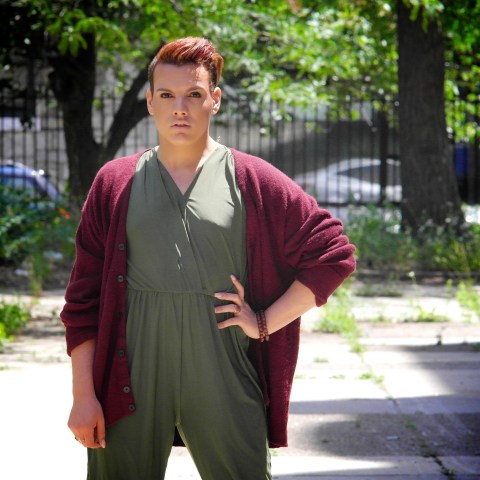
Mark Travis Rivera thinks the term “Latinx” is more inclusive. Louie Ortiz Fonseca
Those against the term deride it as an invented word, or say it represents a bastardization of the Spanish language.
Gilbert Guerra, a sophomore at Swarthmore College, co-wrote an article for his campus newspaper, but never expected it to go viral. Yet his column arguing against the use of the term “Latinx” took off, provoking a swift response from fellow students and online readers at the liberal-leaning campus.
“I had some people saying that they agreed with me,” said Guerra. “There was also criticism, and I was taken aback at how personal it became. I got death threats. Someone told me they wanted to throw me down a flight of stairs, which really took me off guard, honestly.”
The newspaper that published Guerra’s article has since adopted usage of “Latinx.”
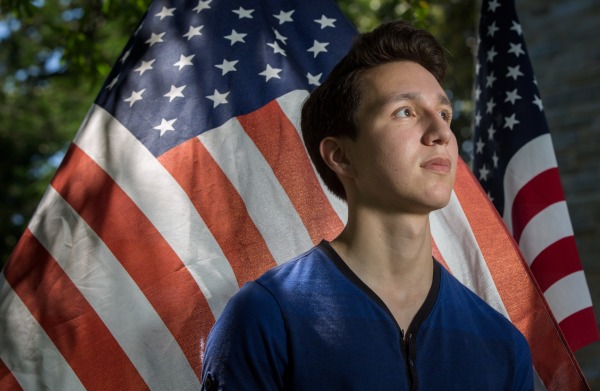
Gilbert Guerra, class of 2019 at Swarthmore College on Wednesday, Aug. 3, 2016. Laurence Kesterson
Guerra told NBC News that he thinks the debate over “Latinx” has been overstated.
“This is not something the ordinary Latino person in the U.S. cares about,” he said. “This is more like something coming from the top down. Besides, if you want to make Spanish gender neutral, the x is not a practical way to go about it.”
U.S. Latinos have a complex history with identity and labels. “Mexican” was once a catch-all phrase for many of the people we would now call Latinos. “Hispanic” was introduced by the government in the 1970 Census, while terms like “Chicano” came out of social movements. Still other terms, like “Nuyorican,” referring to a New York Puerto Rican, arose from regional identities.
Daisy Hernandez, author of A Cup of Water Under My Bed, became aware of “Latinx” in the last couple of years. “Before then, some people used “Latin@,” which I really didn’t like,” she noted.
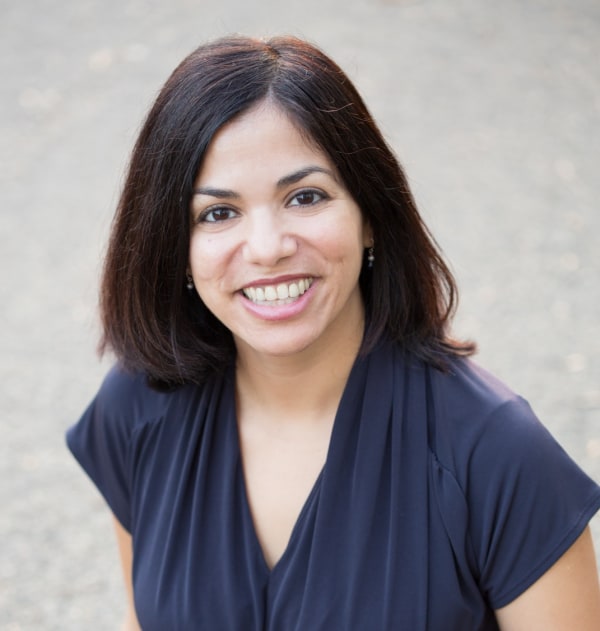
Author Daisy Hernandez Bosch Studios
Hernandez, who teaches creative writing at Miami University in Ohio, said that she is slowly being won over to “Latinx.”
“I need to hear it, see it, sound it out for a while. I do think that it is incredibly important to experiment with language as we change as a country,” she said. “So it (“Latinx”) does make sense, because our community is changing. We are talking about gender issues, we are talking about LGBT issues, and we are looking for terms that explain and help us understand our experience in this country.”
While Hernandez doesn’t expect “Latinx” to replace “Hispanic” or “Latino,” Hernandez believes the term will continue to gain traction and become an accepted third option over time.
Yet some have expressed concerns about the use of “Latinx.” Opponents of the term maintain that because it is not in general use, “Latinx” potentially excludes more people than it includes, and that the Spanish plural form already is gender inclusive.
In a 2015 essay for the website Latino Rebels, Hector Luis Alamo wrote, “Now, too, begins the bulldozing of Spanish — with the goal of creating a linguistic parking lot.”
While Alamo was not against people using “Latinx” to describe themselves, he was troubled by the charges of “insensitivity” lobbied against those who chose not to use it.
The debate over “Latinx” is playing out even as there is no officially-recognized definition of the term – at least not yet.
Sarah Russo, a spokesperson for Oxford University Press, told NBC News in an email that, “We don’t yet have Latinx in the Oxford English Dictionary. It is currently on the watchlist, and as usage continues to increase we will gather more data about how it is being used and when and where.” Oxford has noted the use of “Latinx” in its OxfordWords blog.
A spokesperson for Merriam-Webster, Inc. told NBC News that, “Latinx is indeed a word we are watching but it has not yet been added to any of our dictionaries.”
José Moreno, Associate Professor in the Chicano & Latino Studies Department at California State University Long Beach, said that regenerating identities is part of the Latino experience. Moreno pointed out that in the 1960s and 1970s, the older generation of Mexican-Americans resisted the younger generation’s use of “Chicano,” and that people initially rejected labels like “Latino” as well.
Depending on the setting, Moreno tries to be conscientious about the terms he uses. “Even in a context where I know that some people use Latinx, I’ll still say Latino and Latina, for those who have not grasped what Latinx means. Just as Latinx strives to be inclusive, we have to recognize and include those who may not identify as such too,” he said.
There is confusion over “Latinx,” Moreno acknowledges. He mentioned that some people hear “Latinx” and think it relates to a generation, like Generation X, or some people associate it with activism, like Malcolm X.
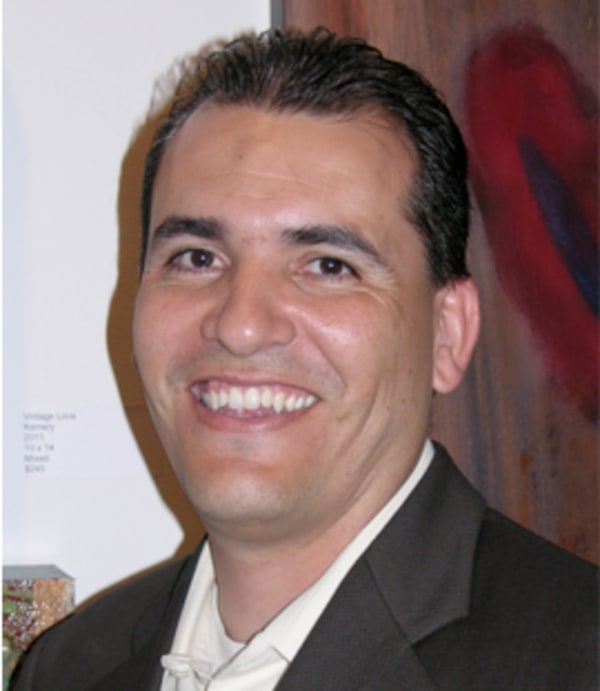
Jose Moreno of California State University Long Beach. Jose Moreno
Still, he believes that it is healthy to have discussions about identity.
“I may use Chicano or Borícua, to help my students understand the antecedents of ethno-political identification,” he said. “People at colleges and on campuses are very thoughtful as they think about terms to best reflect their experience, but I try to remind people that we are not all encompassed by one term, and that there are multiple ways to identify ourselves.”
Moreno sees the mainstream moving towards “Latinx,” but gradually and following the lead of the Latino community. Just as many media outlets moved away from “illegal alien” in favor of “undocumented,” he reasons that it will take time for the Latino community to relate to a new expression.
“Right now, there is a discussion in the mainstream about sexual and gender identities,” he said. “And this is something all generations can, in fact, relate to. Perhaps more than others, Mexican-Americans can relate to the sense of marginalization, of being ni de aquí ni de allá (neither from here nor from there), so they know what it is like to feel in-between.”
It is difficult to pinpoint the origins of “Latinx,” although several people interviewed by NBC News said they became aware of it in 2014. While there is anecdotal evidence that the term is used in Latin America, it is without question on the rise at U.S. colleges.
There is a “Latinx Heritage Month” celebration at Oberlin College, a “Latinx Graduation” at New York University, and a “Latinx Alumni Association Reception” at Central Washington University. An article in the student newspaper at Iowa State University stated that, “The term “Latinx” has been sweeping across college campuses in the nation.”
Publications such as Latina Magazine and the Huffington Post have run stories on the use of “Latinx,” raising awareness of the term. It has popped up in columns in The New York Times. Yet the term is not recognized by the Associated Press, whose style guide sets the standard for professional journalism. A spokesperson for the AP told NBC News that, “We currently use only Latino and Latina.”
The language of inclusion
Rivera, who identifies as Puerto Rican, plans on incorporating “Latinx” more into his life in the future – instead of just using “Latino.”
“One thing that makes our community so beautiful is that we are all about our families, we are all about our people,” Rivera commented. “So I would tell someone of an older generation, someone like my grandma, that if we want to continue to be a community that embraces our culture and our people, then we have to change our language to embrace all people.”
Like other romance languages, Spanish is gendered, Rivera pointed out, so “Latinx” challenges people to think beyond the binary male and female options. As people come out as LGBT younger and younger and more Latinos graduate college, he foresees “Latinx” becoming more of a mainstream word.
“People may initially resist ‘Latinx,’ but throughout history we see language changing to meet people to where they are,” said Rivera.
Underscoring the debate over “Latinx” is the fact that, for many Latinos, identity can be a fluid concept. Not only is it is common for Latinos to self-identify in multiple ways, a 2012 Pew study found that most Latinos reject pan-ethnic labels such as “Hispanic” or “Latino.” A majority of people surveyed by Pew identified themselves by their country of origin, such as Mexican-American or Cuban. This trend also held when Pew looked more closely at young people aged 16-25; they found that more than half (52%) of such Latinos identified themselves first by their family’s country of origin.
So where is the debate over “Latinx” headed? Will we soon be watching “HBO Latinx” or reading “Latinx” magazine?”
That remains to be seen. But Ella Maria Diaz, Assistant Professor of English and Latino/a Studies at Cornell University, says that, if history is any guide, questions of identity will likely continue to arise organically.
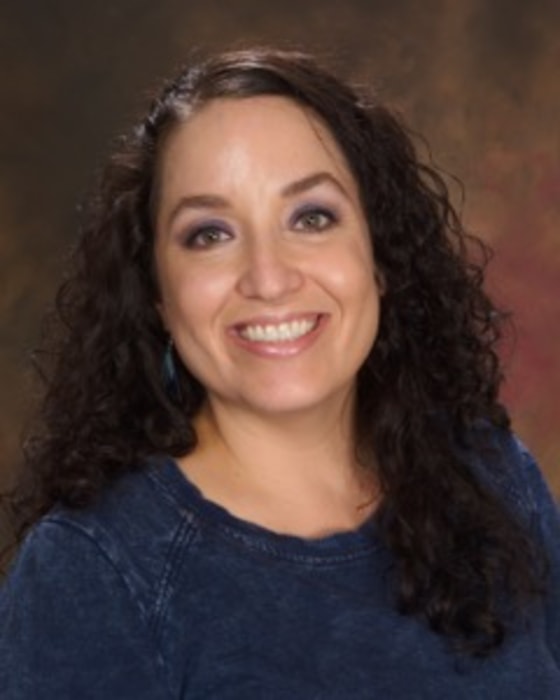
Ella Maria Diaz of Cornell University. Ella Maria Diaz
“Look at the progression that African-Americans went through, from Negro to Colored to Afro-American to Black,” she said. “Communities continually decide what they want to be called, and this often contains an element of generational conflict. The process of self-determination is one part of a liberal society; it is part of the ongoing quest for visibility and recognition.” She cites the varying terms used to describe Latinos over the years as examples of how a new term initially provoked a backlash, and then became, if not common, at least non-controversial.
Overall, Diaz takes a broad view of the “Latinx” debate.
“I see this as a historical process for people within the U.S. and within the western hemisphere, a quest for ways to talk about ourselves that are self-determined ways,” she said. “I encourage it when I see young people struggling to decide what to call themselves and each other. I want to live in a society where people care about how we speak about ourselves and each other.”
“When we reach the point where we can all call ourselves what we want to call ourselves,” Diaz added, “then I think we will be good.”










